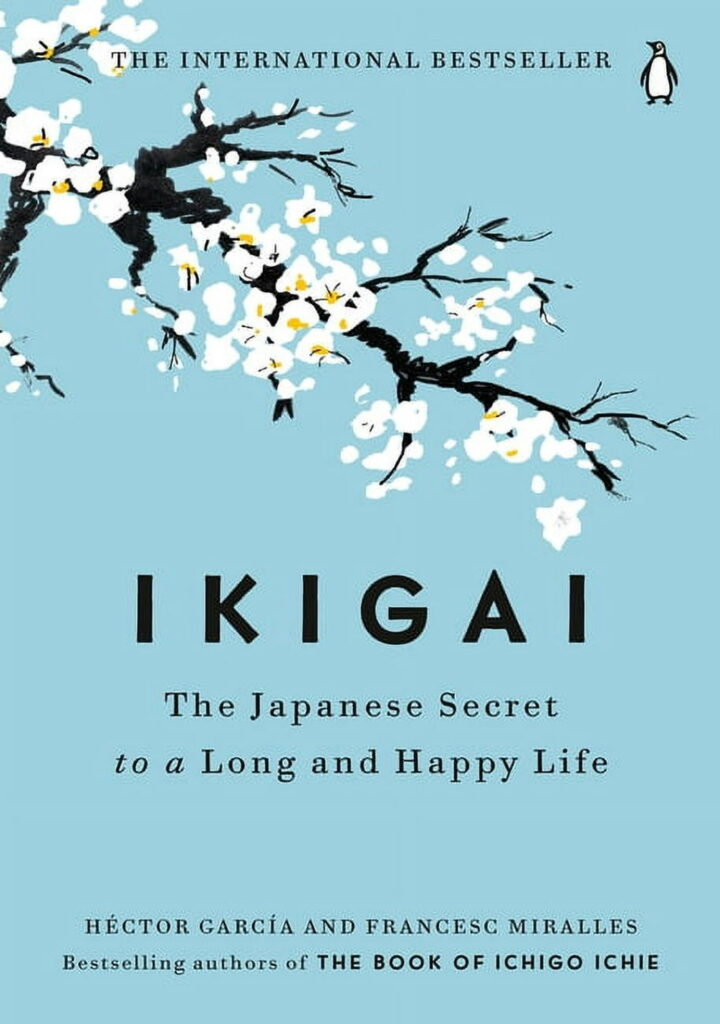A super-fast and easy read that makes you rethink the ‘why’ behind the work you’re doing. You could be the richest person in the world – but what really makes you? We live in a fast-paced ever-changing world that convinces us to believe that the more we buy, the more we do, the more we achieve, then the happier we will be. Ikigai touches on the holes in that ideal and the importance of finding passion and purpose in what you are doing, while also touching on the importance of the environment and people we choose to surround ourselves with. Finding your Ikigai, will lead to the happiness and fulfillment you are looking for.
Favorite Quotes:
“essentials to happiness in this life are something to do, something to love, and something to hope for.”
“Life is not a problem to be solved. Just remember to have something that keeps you busy doing what you love while being surrounded by the people who love you.”
“Walk slowly and you’ll go far.”
“Everything can be taken from a man but one thing: the last of the human freedoms—to choose one’s attitude in any given set of circumstances, to choose one’s own way.”
“Concentrating on one thing at a time may be the single most important factor in achieving flow.”
“We have to learn to turn off the autopilot that’s steering us in an endless loop. We all know people who snack while talking on the phone or watching the news. You ask them if the omelet they just ate had onion in it, and they can’t tell you,”
“Our ikigai is different for all of us, but one thing we have in common is that we are all searching for meaning.”
“We’re all going to die. Some people are scared of dying. Never be afraid to die. Because you’re born to die.”
“simply interacting with others—playing a game, for example—offers new stimuli and helps prevent the depression that can come with solitude.”
“Morita explained the idea of letting go of negative feelings with the following fable: A donkey that is tied to a post by a rope will keep walking around the post in an attempt to free itself, only to become more immobilized and attached to the post. The same thing applies to people with obsessive thinking who become more trapped in their own suffering when they try to escape from their fears and discomfort.”
“When confronted with a big goal, try to break it down into parts and then attack each part one by one.”



